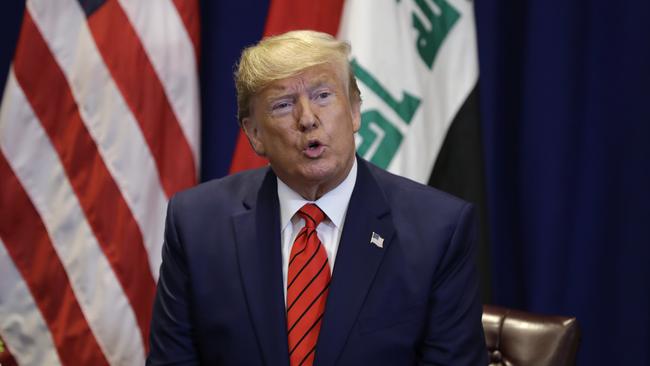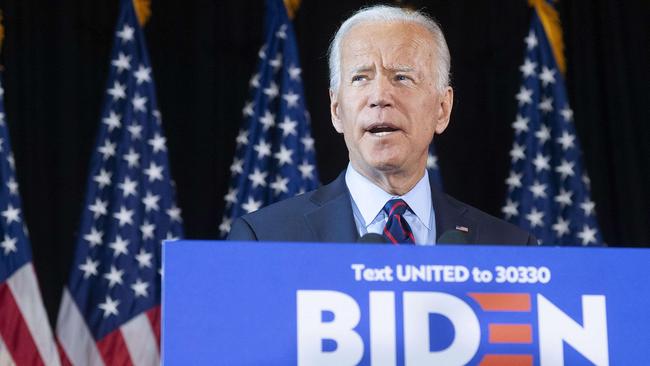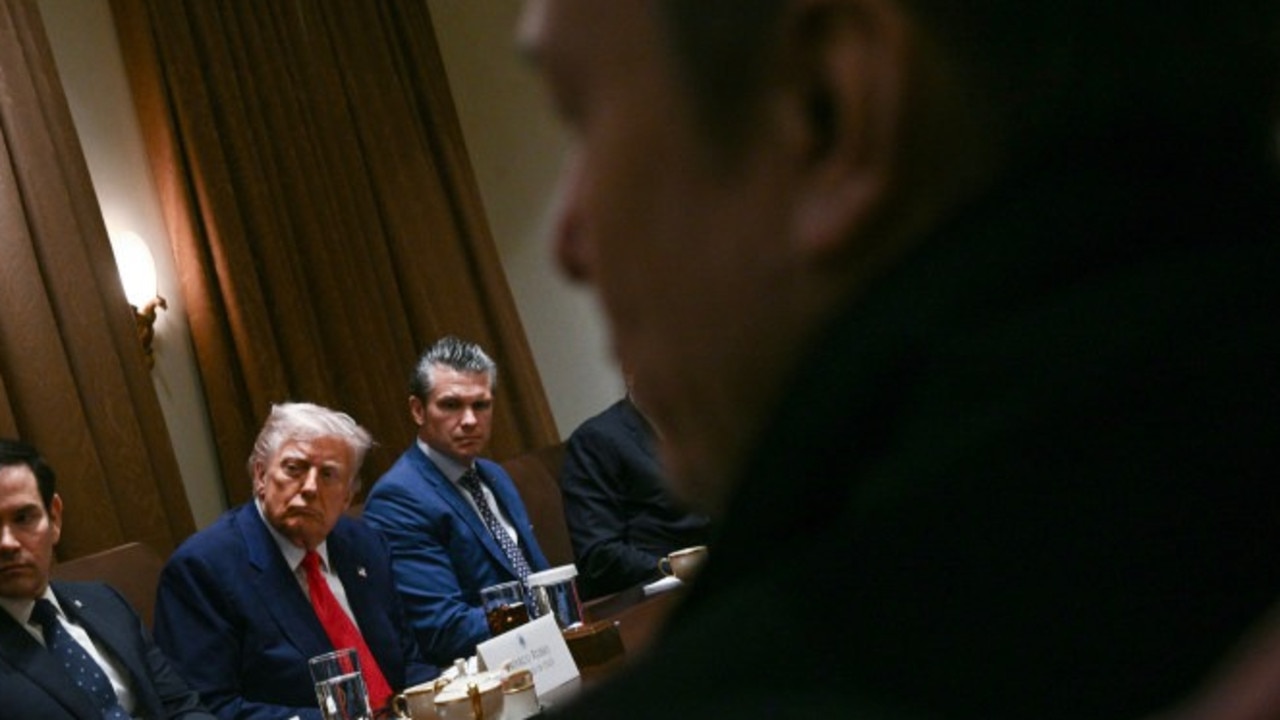How to curb a president without overreacting

This controversy is really two disputes. One is legal and procedural, regarding the executive branch’s decision to withhold a whistleblower’s complaint from congress. The other is substantive and perhaps constitutional, over the propriety of what Trump has all but admitted he discussed with the Ukrainian President.

As to the first dispute, Robert Litt, who served as general counsel to the Office of the Director of National Intelligence during the Obama administration, has lucidly laid out the legal complexities. In an article for Lawfare, he concludes that “the argument that the law did not require the DNI to transmit the complaint to congress … is not a frivolous one”. Moreover, if the Justice Department’s Office of Legal Counsel determined the President’s actions weren’t matters of urgent concern as defined in the federal law for intelligence whistleblowers, the DNI might well feel bound to block the transmission of the complaint.
Litt points out that the intelligence community’s inspector general also sought permission to transmit the complaint to congressional intelligence committees for reasons unrelated to the whistleblower law, and was told that executive privilege would preclude this action. Starting with George Washington, there is a long tradition of presidents declining to reveal the contents of their communications with foreign leaders. Here, as in so many instances, Trump has violated the norms that sustain the constitutional order while adhering to the forms.
I confess that when I heard the first reports about Trump’s conversation with the Ukrainian leader, it struck me as a scene from a mob movie: Nice little country you have here, Mr Zelenskiy. It’d be a shame if anything happened to it. But as former federal prosecutor Renato Mariotti has argued, the President’s conduct doesn’t fit comfortably within statutory definitions of bribery or extortion. Besides, presidents often use levers of power, including foreign assistance, to induce other leaders to act in ways they might prefer not to.

The real offence is distorting US foreign policy to improve Trump’s re-election chances, which he and his personal lawyer, Rudy Giuliani, appear to have done. If so, this would violate the spirit of the oath Trump swore when he assumed the presidency. Because the courts offer no prospect of remedy, many representatives believe that impeachment is the only recourse, and also their duty. Pelosi’s announcement is the first step down this road.
Although I respect their motives, I disagree: impeachment is a constitutional option, not a constitutional obligation. It is, in the broadest sense, a political act, and therefore is subject to political tests of feasibility and efficacy.
There is no evidence that impeaching the President would lead to his removal from office, which would require the consent of 20 Republican senators. (As this article went to press, exactly one — Mitt Romney of Utah — had expressed strong concern about the President’s conduct in the Ukrainian controversy.) Nor is there any evidence that impeaching the President would increase Democrats’ odds of defeating him in the election. Judging by public opinion, the reverse seems more likely. On the other hand, inaction isn’t an option because it would have the effect of normalising presidential conduct that is anything but normal — and accepting the unacceptable as a fait accompli. This presents a dilemma for Democrats, many of whom believe that there are only two paths — impeaching the President or doing nothing.
Fortunately for them and for the US, there is a third choice, provided by law: a resolution formally censuring the President. There is precedent. In 1834 the Senate censured Andrew Jackson for withholding documents related to his defunding the Bank of the United States, one of the most hotly disputed decisions of his presidency.
The house should use the impeachment inquiry to develop the factual basis for a comprehensive bill of particulars against Trump — an enumeration of his most egregious affronts to the spirit of the laws and the constitution, and to the honour and dignity of the office he holds. They should pass this bill as a formal motion of censure. And then the Democrats should take their case to the ultimate judges in the republic, the people themselves, for a final decision in November 2020. The Senate will not remove the President from office; only the people can.
If inaction is dishonourable and impeachment futile, censure is the only course that makes moral and political sense.
The Wall Street Journal



US House of Representatives Speaker Nancy Pelosi has announced that she will open an impeachment inquiry of President Donald Trump. Although some of the facts surrounding Mr Trump’s call with Ukrainian President Volodymyr Zelenskiy have yet to be nailed down, it appears that Trump has grossly abused the powers of his office and distorted US foreign policy in pursuit of personal political gain. Yet the evidence so far suggests that impeachment is not the best way to hold Trump accountable for these infractions.